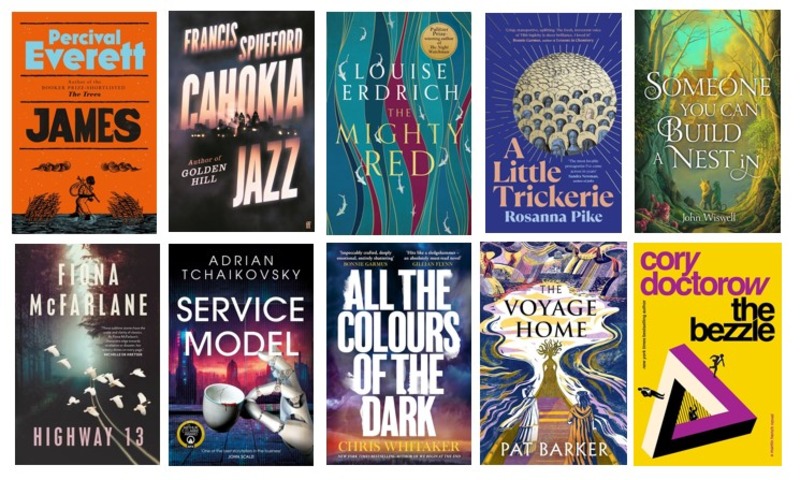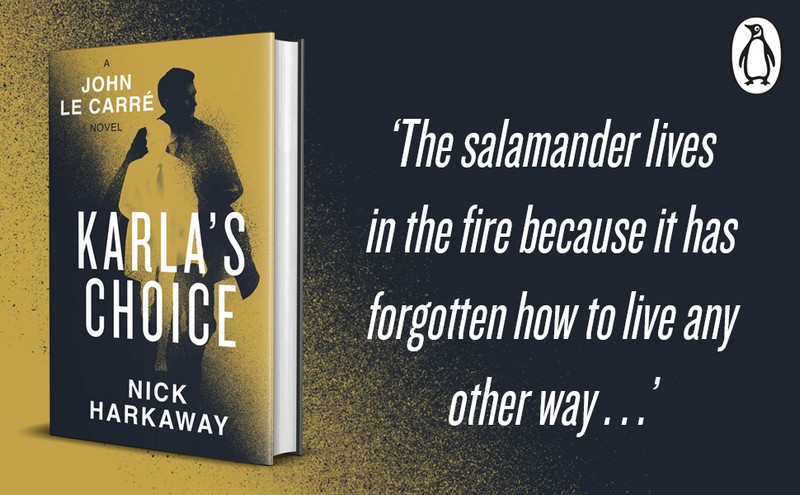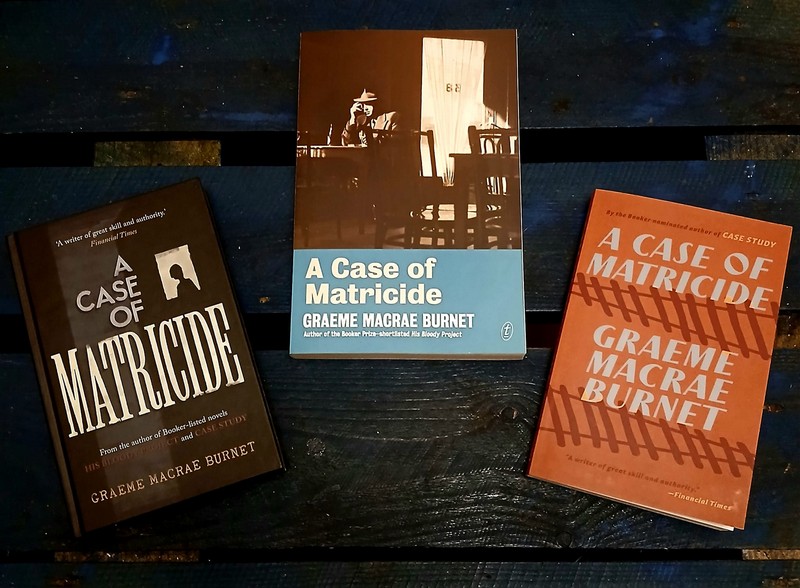 Inga Vesper’s debut crime novel The Long, Long Afternoon takes readers into the Stepford world of 1950s Los Angeles and then blows it up from the inside. When the book opens, seemingly devoted housewife Joyce Hayney has disappeared. The investigation into that disappearance will reveal cracks in the façade of her marriage and the community in which she lived. In following this investigation, Vesper will explore race politics and draw on some of the pulp and noir influences of the time.
Inga Vesper’s debut crime novel The Long, Long Afternoon takes readers into the Stepford world of 1950s Los Angeles and then blows it up from the inside. When the book opens, seemingly devoted housewife Joyce Hayney has disappeared. The investigation into that disappearance will reveal cracks in the façade of her marriage and the community in which she lived. In following this investigation, Vesper will explore race politics and draw on some of the pulp and noir influences of the time.
Central to The Long, Long Afternoon are two characters. Detective Mick Blanke has been transferred to LA after having a questionable relationship during an undercover operation in his native New York. Ruby Wright, a black woman from South Central LA who cleans houses in the upmarket suburb of Sunnylakes. Under pressure to solve the case of Joyce’s disappearance, Mick will come to rely on Ruby to be his eyes and ears in Sunnylake using the prospect of a thousand dollar reward. In amongst these point of view accounts is a deliberate and slow accounting from Joyce’s perspective of the day of her disappearance.
The mystery is unravelled slowly, allowing Vesper to explore attitudes to race, infidelity, abortion, and the use of mood-altering drugs. Vesper manages to capture the stifling environment for a certain class of woman at that time – expected to be the perfect housekeeper and to subsume their wishes and desires to husband and family. But also to expose that this was never the case and that plenty of activity was happening behind this ideal.
While the mystery well handled, Vesper sometimes struggles to bring a grounded reality to her protagonists. Mick Blanke feels like he is ripped from the pages of a 1950s pulp detective story. And while his attitudes and his speech may as a result be true to the time he sometimes feel like a caricature of himself. Ruby is the more successful of the two characters, having to respond to the constant casual racism that is thrown her way while maintaining her dream of attending college. But she also occasionally feels more like a construct than a character.
Overall, though, The Long, Long Afternoon is a solid debut that uses the crime genre effectively to explore a range of historical and current social issues. It is one of a number of novels emerging at the moment exploring the place of women in society and while set in the fifties, really asking the question as to how much has actually changed since then.
Robert Goodman
For more of Robert’s reviews, visit his blog Pile By the Bed
Other reviews you might enjoy:
- This Wild Wild Country (Inga Vesper) – book review
- The Carnival is Over (Greg Woodland) – book review
- Clarke (Holly Throsby) – book review

Robert Goodman is a book reviewer, former Ned Kelly Awards judge and institutionalised public servant based in Sydney. This and over 450 more book reviews can be found on his website Pile By the Bed.



